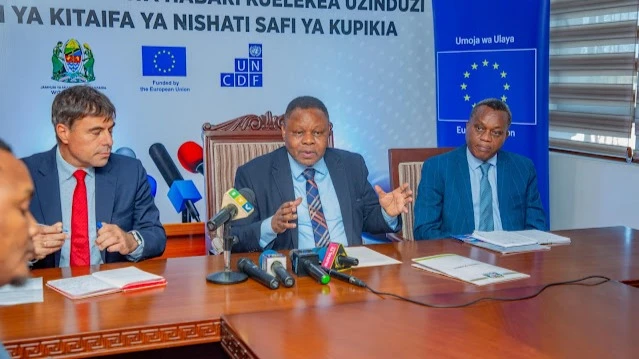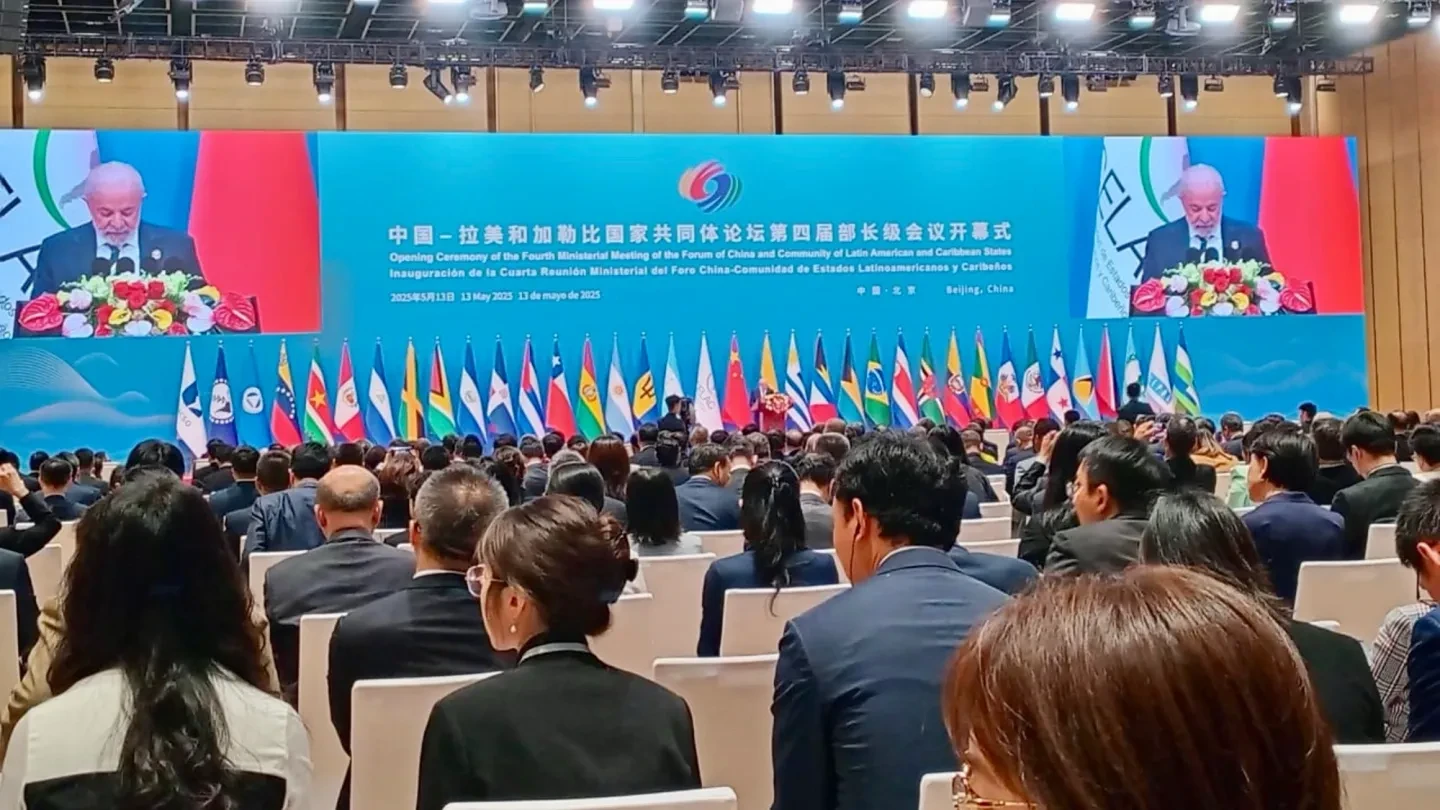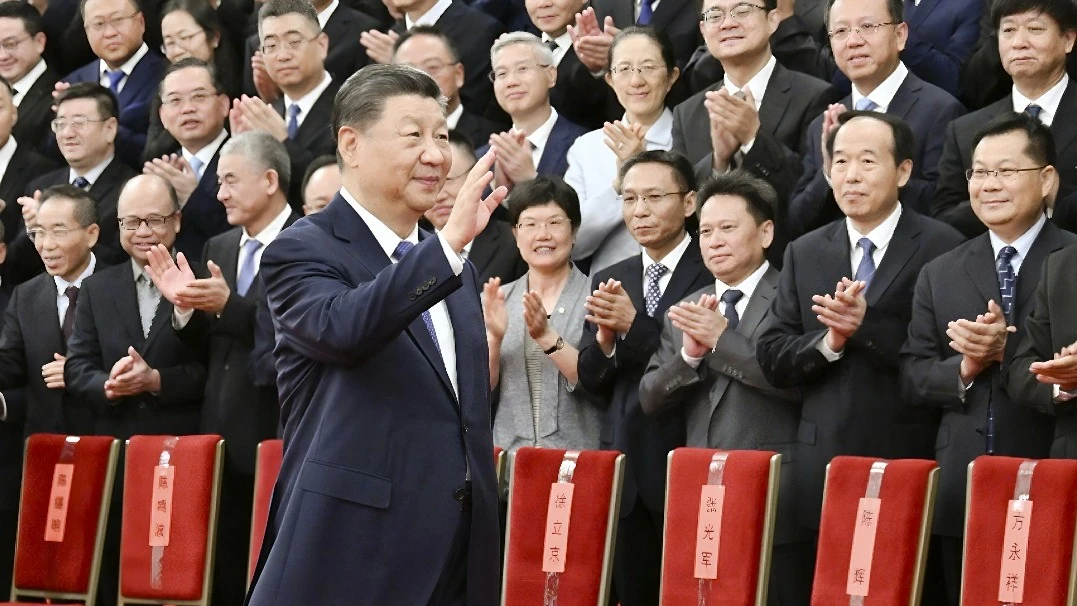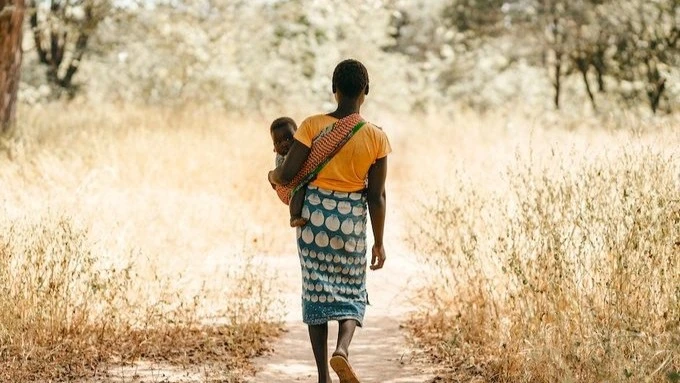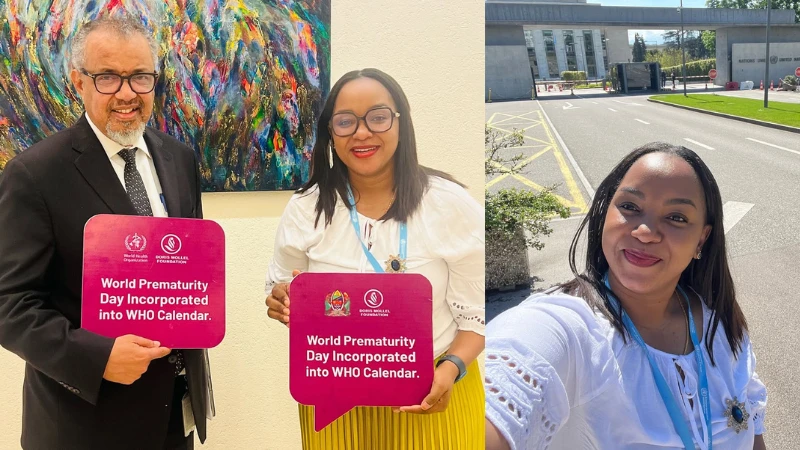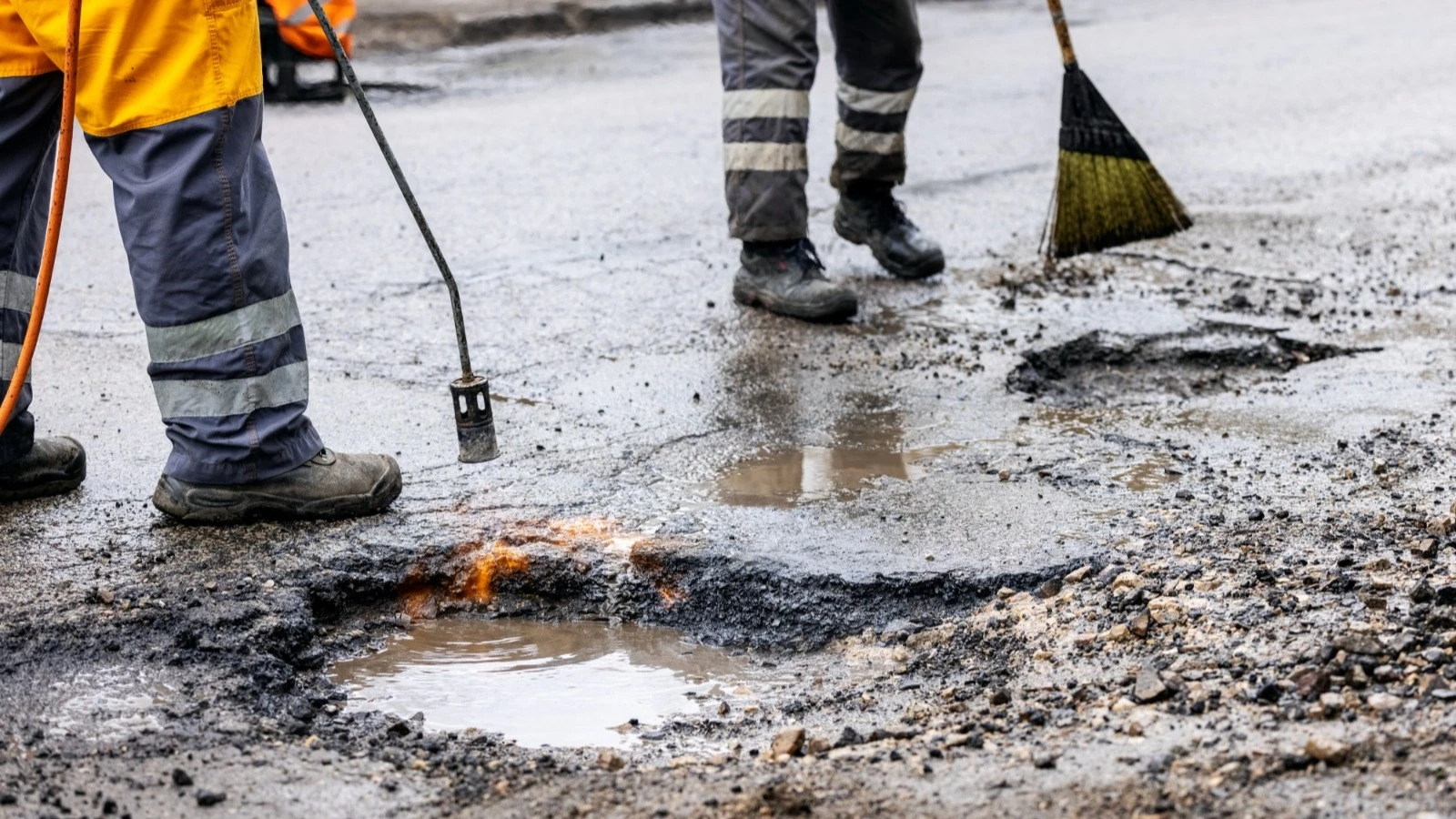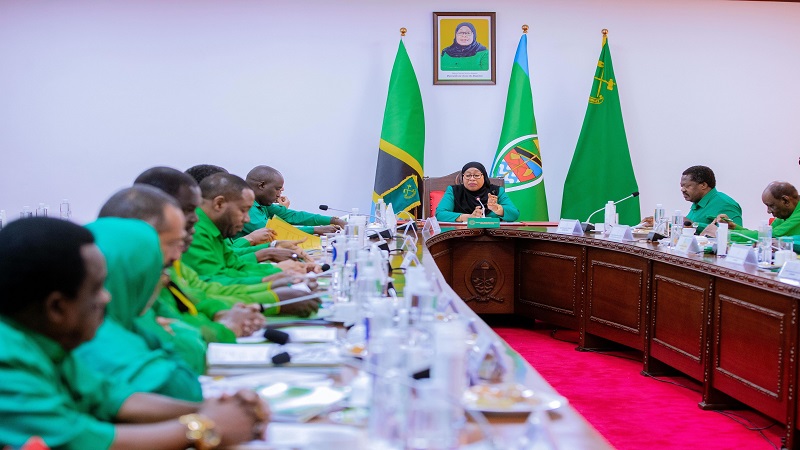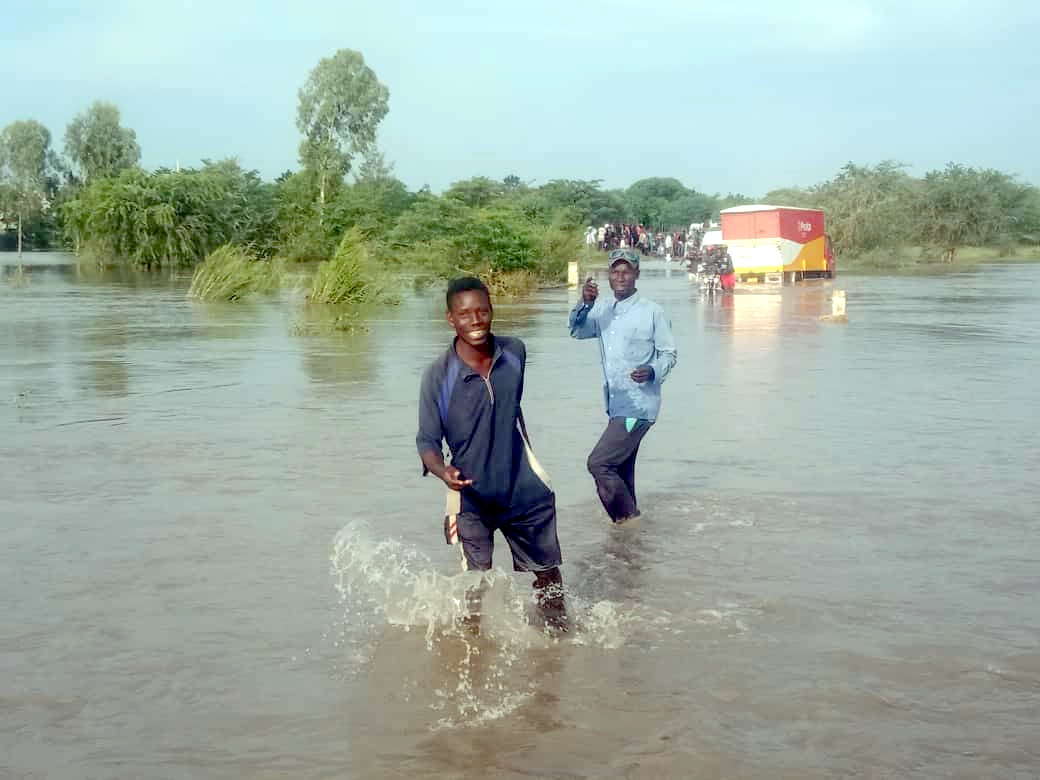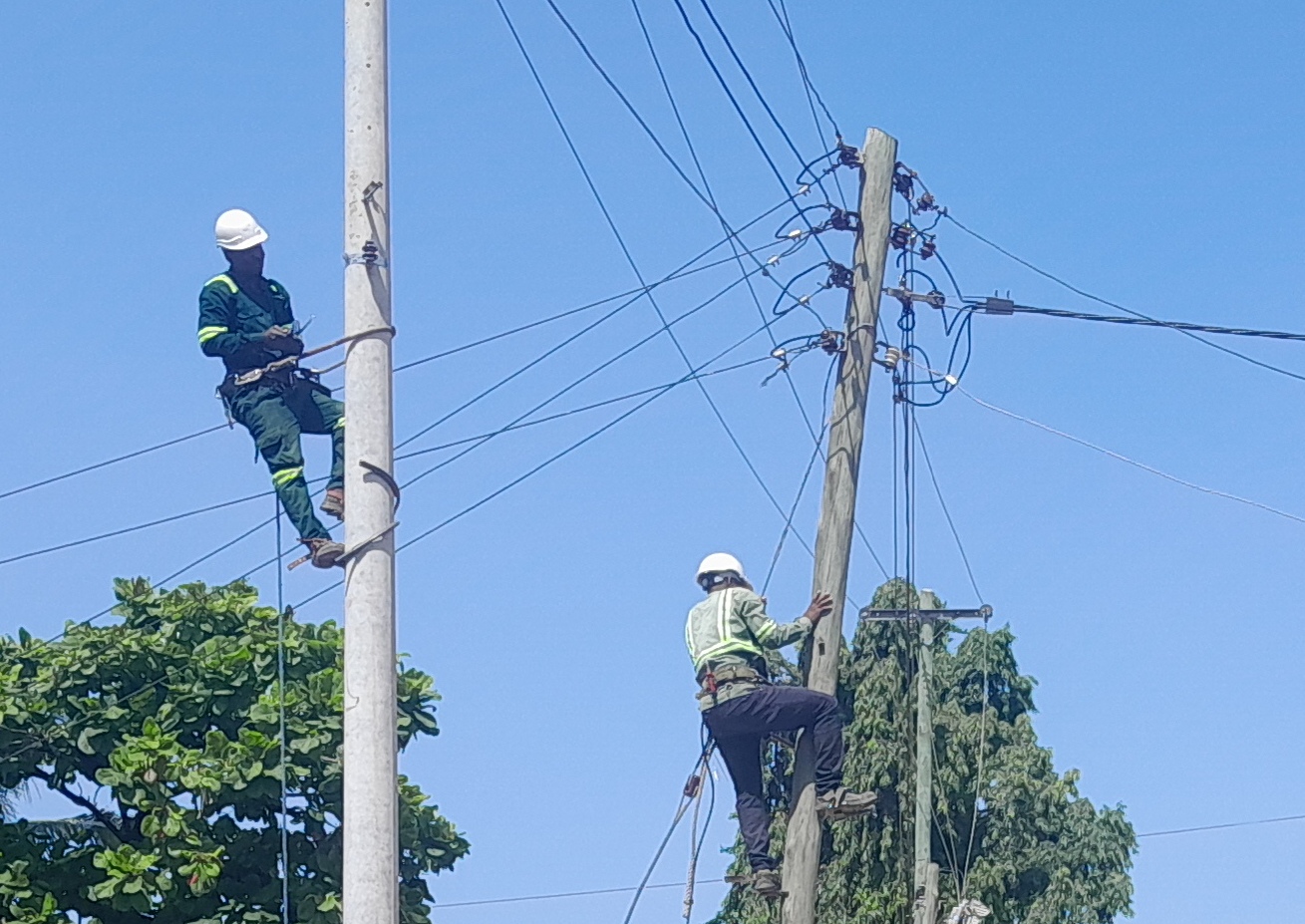How Tanzania fares in global gender gap index 2024 rankings

ALTHOUGH Tanzania fares in Global Gender Gap Index (GGGPI) 2024 rankings after being ranked 54th (with the score of 0.734) out of 146 surveyed economies, it slides six places compared to GGPI 2023 rankings in which it was ranked 48th (with the score of 0.740) out of 146 surveyed economies.
In sub-Saharan Africa, it is ranked 10th out of 35 surveyed economies and in 2023 it was also ranked 10th out of 35 surveyed economies. In 2022, it was ranked 64th (with the score of 0.719) out of 146 surveyed economies and in sub-Saharan Africa it was ranked 13th out of 36 surveyed economies. Other East African Community (EAC) member states are ranked as follows with their rankings in brackets: Burundi (38th), Rwanda (39th), Kenya (75th), Uganda (83rd), the Democratic Republic of Congo (DRC) (140th), Somalia (not covered in this report) and South Sudan (not covered in this report).
Scores are on a 0-1 scale, where 1 represents the optimal situation or parity and 0 presents the worst situation. Compared to the number of surveyed economies worldwide, Tanzania fares in GGGPI rankings for three consecutive years. Global Gender Gap Report 2024, which contains GGGPI 2024 rankings, is published by World Economic Forum (WEF) and is based on a methodology integrating latest statistics from international organisations and an executives’ survey.
Each surveyed economy is assessed against four key dimensions: economic participation and opportunity, educational attainment, health and survival, and political empowerment. In each of the four key dimensions, Tanzania is ranked as follows: in economic participation and opportunity it is ranked 69th (with the score of 0.705) out of 146 surveyed economies. In 2023, it was ranked 53rd (with the score of 0.715).
In educational attainment it is ranked 114th (with the score of 0.963). In 2023, it was ranked 108th (with the score of 0.964. In health and survival, it is ranked 74th (with the score of 0.970). In 2023, it was ranked 75th (with the score of 0.970). In political empowerment is ranked 49th (with the score of 0.300). In 2023, it was ranked 45th (with the score of 0.309).
However, in GGGI indicators, Tanzania performs brilliantly in enrolment in primary education (with the score of 1.000) and in enrolment in secondary education (%) (with the score of 1.000) and in sex ratio at birth (%) (with the score of 0.944).
“The 2024 Global Gender Gap Index shows that while no country has achieved full gender parity, 97 per cent of the economies included in this edition have closed more than 60 per cent of their gap, compared to 85 per cent in 2006.”
The report says among the 146 economies covered in the GGGPI 2024 rankings, the health and survival gender gap has closed by 96 per cent, the educational attainment gap by 94.9 per cent, the economic participation and opportunity gap by 60.5 per cent, and the political empowerment gap by 22.5 per cent.
In the Preface to this year’s GGGP report, WEF Managing Director Saadia Zahidi says: “Government and business action have been crucial in advancing targets at the national and regional level: only the scale and stability of interventions remains insufficient in the face of current transformations. Economies cannot risk falling behind and throwing millions of women and girls back into times of strife and need. Big lifts in economic gender parity are needed to ensure that women have unfettered access to resources, opportunities and decision-making positions.”
According to her, governments are called on to expand and strengthen the framework conditions needed for business and civil society to collaborate in making gender parity an economic imperative – “one that fulfils the most basic of needs and inspires the very edges of innovation.”
The report says that Europe leads the 2024 regional gender gap rankings, having closed 75 per cent of its gap in 2024, with an overall improvement of +6.2 percentage points since 2006. The top five European economies are namely, Iceland, Finland, Norway, Sweden and Germany – all rank in the global top 10.
Northern America, which is ranked second, reports a gender parity score of 74.8 per cent, compared to other regions. However, it has closed its regional gender gap by +4.3 percentage points since 2006.
The Latin America and the Caribbean region is ranked third, with a gender parity score of 74.2 per cent. The region has made great strides since 2006, reducing its overall gap by 8.3 percentage points.
Eastern Asia and the Pacific ranks fourth, with an overall gender parity score of 69.2 per cent. Central Asia ranks fifth out of eight regions with a score of 69.1 per cent.
Sub-Saharan Africa is ranked sixth, with a gender parity score of 68.4 per cent. It has advanced by an overall +5.6 percentage points since 2006.
"While 21 out of 35 economies are in the top 100, Namibia stands out as a top 10 performer. Southern Asia ranks seventh, with a gender parity score of 63.7 per cent and Middle East and North Africa ranks last among all regions, with a gender parity score of 61.7 per cent. However, the WEF report says, the region has seen an overall positive trajectory since 2006, advancing its gender gap score by +3.9 percentage points."
It suffices to say that Tanzania's scores in GGGI rankings are impressive although more can still be done in this regard.
Top Headlines
© 2025 IPPMEDIA.COM. ALL RIGHTS RESERVED












